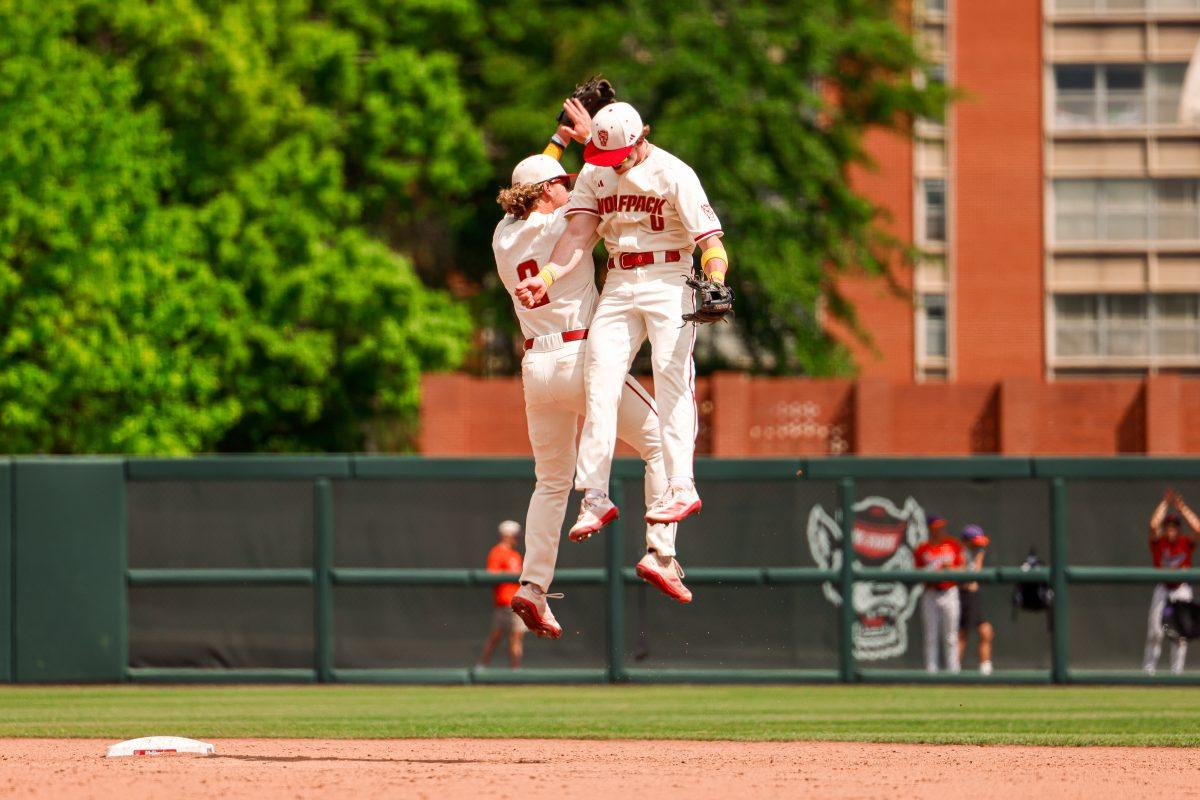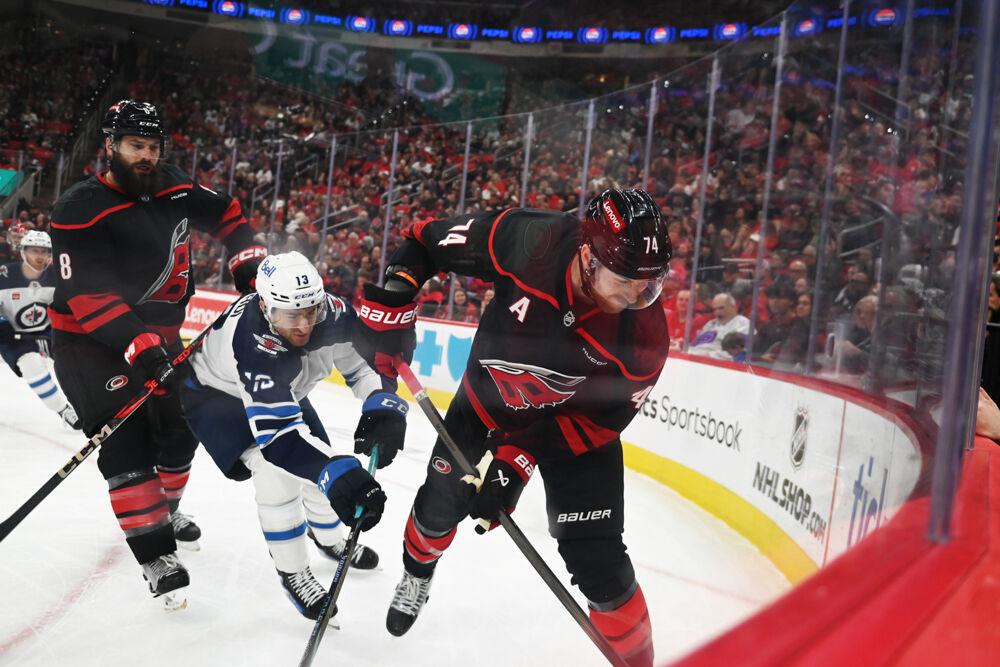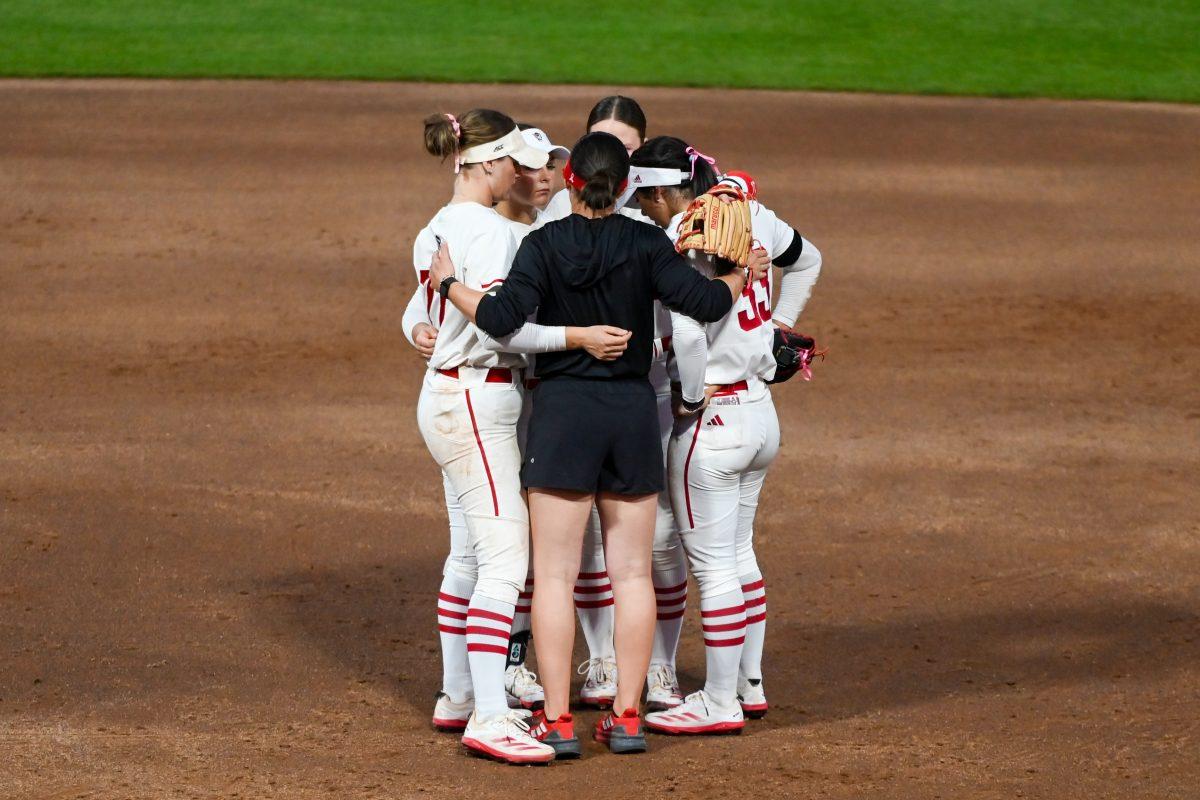It’s no surprise that Major League Baseball commissioner Rob Manfred wants to speed up and increase offense in baseball. Before the 2015 season, MLB implemented new “pace of play” rules to cut out the dead time in games. This was effective, as game times decreased by several minutes. Now, however, we may see some more drastic changes made to the game within the next few years.
Manfred, in a meeting with owners, suggested adding a pitch clock, altering the strike zone, limiting pitching changes and restricting defensive shifts. All of these changes would have to be negotiated with the MLB Players Association, but to see the commissioner of the league openly push for radical changes in the game signals a desire to steer baseball in a new direction.
The goal of these changes is clear: increase offensive action in baseball to attract more casual fans. It’s no secret baseball has been declining in popularity in recent years, especially with the younger demographic. In an era where pitching is dominant and games are taking longer, it is easy to understand the motivation of MLB to appeal to a more casual fan base, but there is also the risk of alienating the longtime fans who enjoy the strategic aspect of the game.
Manfred’s first suggestion, the pitch clock, has already been implemented in the minor leagues. This forces pitchers to deliver the ball to home plate in a more timely fashion. Games that utilize a pitch clock have been sped up slightly. A pitch clock would not change the game dramatically and may be beneficial to the game. Altering the strike zone is another viable suggestion. This would increase offense to some degree without compromising the game’s integrity.
However, whether the game needs an infusion of offense is another question. On-base plus slugging (OPS) dipped to its lowest total in 20 years in 2014 at .700, while 2016 has brought more offense. The average OPS this year sits at .739, the highest since 2009. Baseball has always been a game of adjustments, and hitters are now beginning to adjust to the dominant pitching seen in recent years.
Limiting defensive shifts is where Manfred starts to miss the point. This year projects to have over 28,000 defensive shifts compared to 2011, which only saw roughly 2,400 shifts. Moving fielders off their traditional positions for certain batters has become increasingly popular among teams in the past decade as it is easier to predict where the ball will be hit based on data. Potentially removing strategies like this one would be detrimental to the game as a whole. Once Manfred begins to implement policies to artificially increase offense, it begins to compromise the integrity of baseball.
Lastly, Manfred suggested limiting pitching changes to speed up the game and increase action in later innings. Currently, it is commonplace to make multiple pitching changes in the same inning to get a desirable matchup with the batter. While this change would be beneficial for the pace of play, it takes away a considerable amount of strategy that many baseball enthusiasts covet. It would also be a hindrance to some players. Every Major League relief corps has at least one left-handed pitcher who comes in to face one or two batters a game. Eliminating unlimited pitching changes pushes out these specialty players, which is something the players’ union would definitely fight against.
The MLB does need to find a way to appeal to a younger demographic and attract new fans. Baseball is a slow-paced game and speeding it up is a start, but literally changing how the game is played and violating the integrity of it is just wrong. There are many areas that the MLB can improve to attract fans and increase their following. Changing critical rules in a century-old sport is not the way to do this. The actual game of baseball doesn’t need a major change, and this is where Manfred misses the point.













